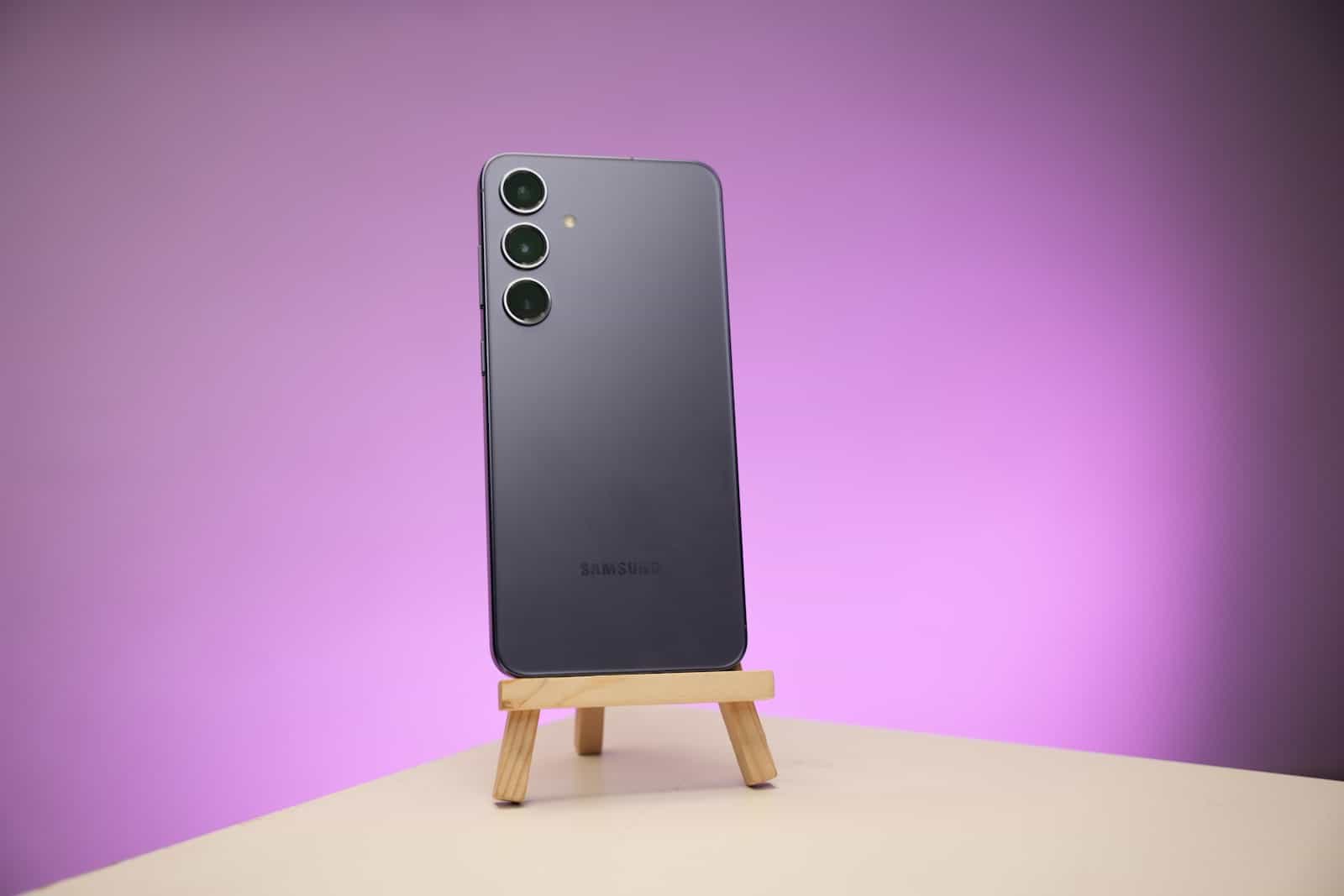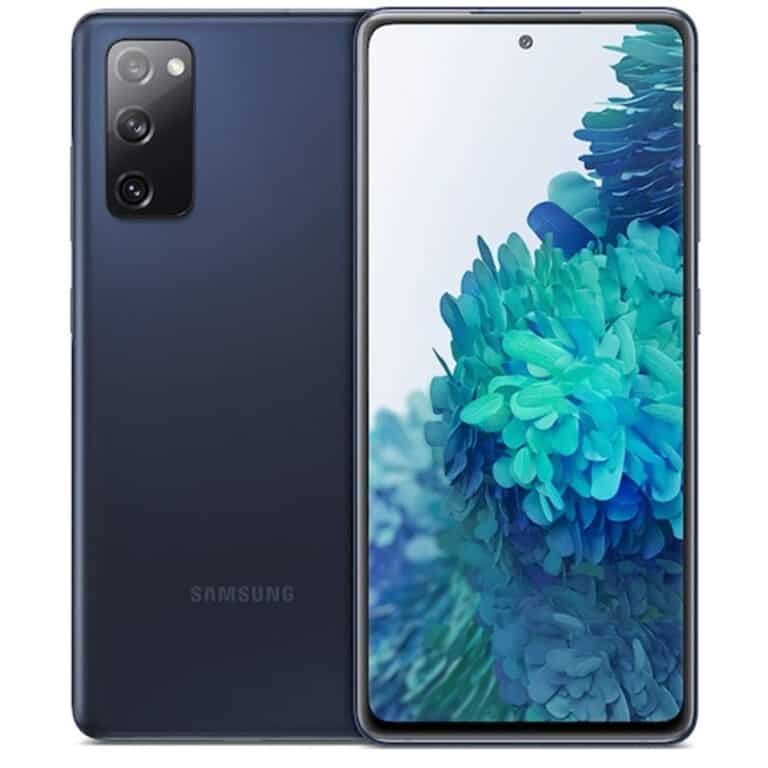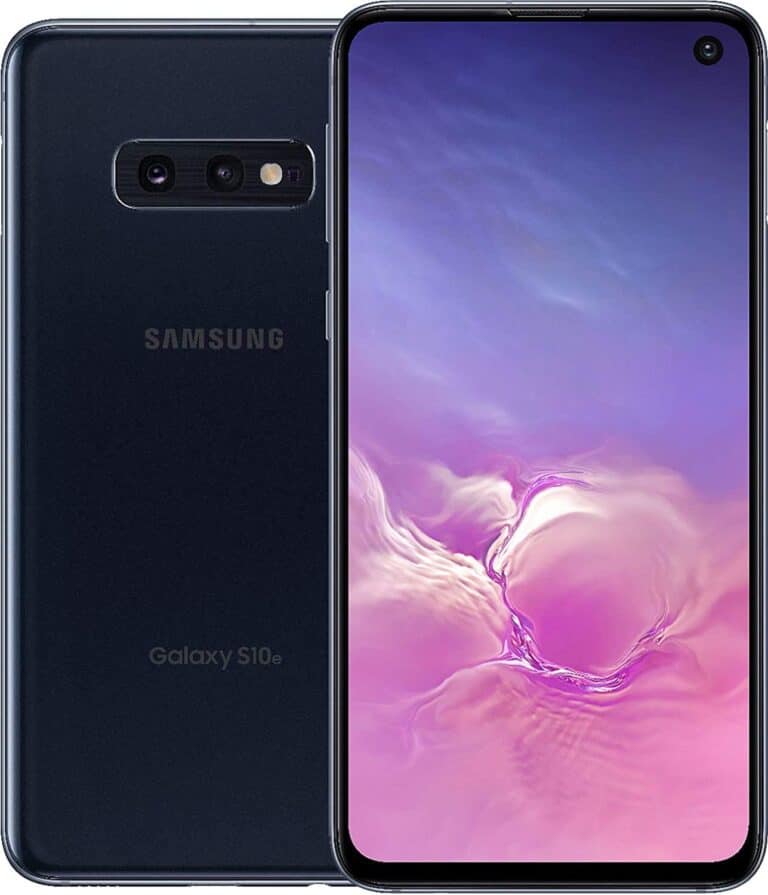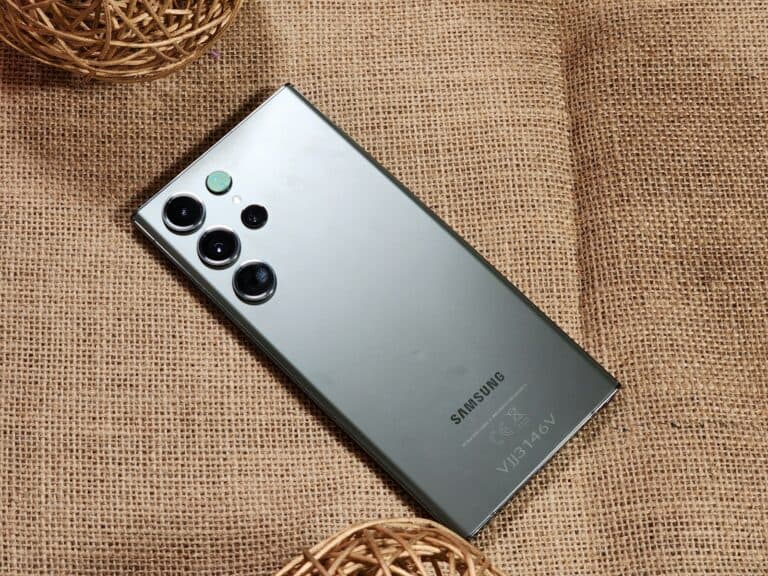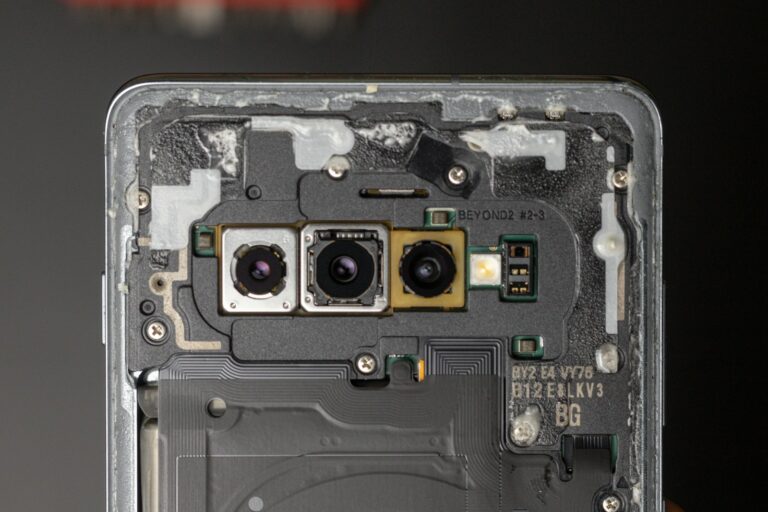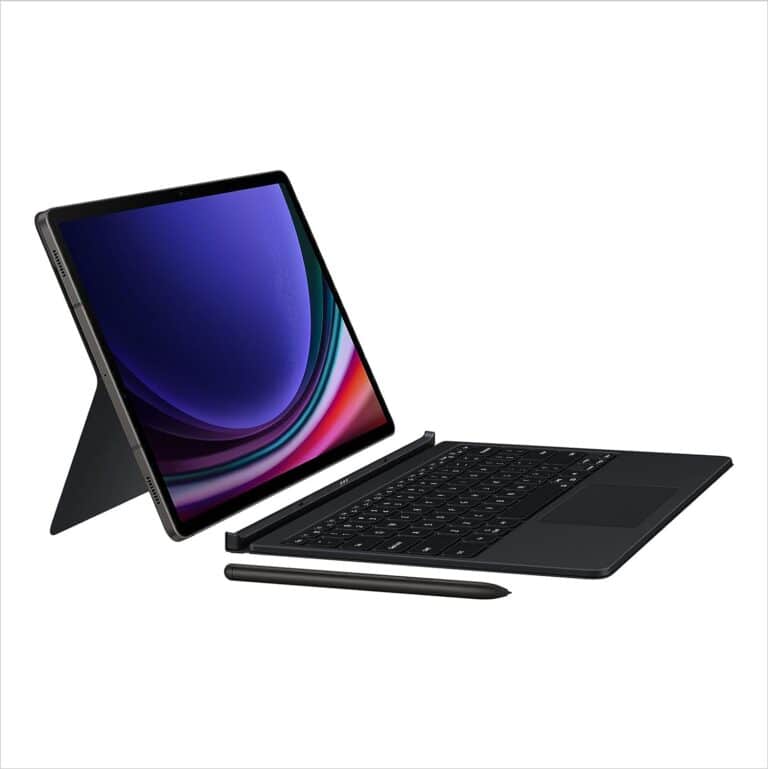The connection between Samsung phones and the Android operating system often leads to confusion. While there’s a strong link, they are not interchangeable terms. Understanding the nuances of their relationship can help you make informed decisions when choosing your next smartphone.
The short answer: No, they’re not the same thing — but they are closely connected. Let’s break it down.
✅ What is Android?
- Android is a mobile operating system developed by Google.
- It powers smartphones and tablets from many brands (Samsung, Google Pixel, OnePlus, Xiaomi, Motorola, etc.).
- Android provides the core software: home screen, settings, app compatibility, and Google services like the Play Store.
Think of Android as the engine that runs the phone.
✅ What is Samsung?
- Samsung is a consumer electronics manufacturer based in South Korea.
- It makes many products (TVs, appliances, laptops), but in smartphones it’s famous for the Galaxy line.
- Samsung Galaxy phones run Android but with a custom interface called One UI.
So, Samsung is the company, not the operating system.
🔑 Key Differences Between Samsung and Android Phones
| Feature | Samsung Phones | Android Phones (General) |
|---|---|---|
| Brand | Made by Samsung | Made by many brands (Google, OnePlus, Xiaomi, etc.) |
| Operating System | Android (with Samsung’s One UI skin) | Android (stock or customized by brand) |
| Look & Feel | Distinct Samsung style, apps, and features | Varies by manufacturer |
| Updates | Samsung manages its own update schedule | Each brand controls updates |
| Extras | Samsung-exclusive features (Samsung Pay, Knox security, Galaxy Store, S Pen support on some models) | Depends on the brand; may be closer to “pure” Android on Google Pixel |
✅ Why People Get Confused
- Many people say “Samsung phone” and “Android phone” interchangeably because all Samsung smartphones run Android (except rare cases like older Tizen-based devices).
- However, not all Android phones are Samsung. For example, Google Pixel and OnePlus are Android phones but not Samsung.
📌 Bottom Line
- Android = the operating system (software).
- Samsung = the company that makes phones (hardware) using Android.
- All Samsung smartphones are Android phones, but not all Android phones are Samsung.
👉 If you want the cleanest version of Android, look at Google Pixel.
👉 If you want extra features and Samsung’s ecosystem, go with Galaxy.
Samsung & Android: The Difference
Understanding the Relationship
Samsung is a company that makes smartphones. These phones, like the popular Galaxy series, run on the Android operating system. Think of Android as the software that powers the phone, while Samsung is the brand that designs and builds the hardware.
Android: The Open-Source Powerhouse
Google developed Android as an open-source operating system. This means other companies, like Samsung, can use and modify it for their devices. This flexibility allows for a wide range of Android phones with different features and designs.
Samsung’s Unique Touch: One UI
While Samsung phones run on Android, they don’t look or feel like every other Android phone. Samsung adds its own software layer called One UI on top of Android. This gives Samsung phones a distinct look, unique features, and a different user experience.
Key Differences
| Feature | Android | Samsung |
|---|---|---|
| Software Experience | Stock Android (pure Google experience) | One UI (Samsung’s custom interface) |
| Pre-installed Apps | Mostly Google apps | Google apps + Samsung apps |
| Updates | Faster updates directly from Google | Updates may be slower due to Samsung’s customization |
| Hardware | Varies depending on the manufacturer | Designed and built by Samsung |
The Verdict
All Samsung phones are Android phones, but not all Android phones are Samsung phones. Samsung is just one of many brands that use the Android operating system, adding its own flavor to create a unique experience for its users.
Understanding Samsung and Android
Before diving into the details, it’s important to know that while Samsung phones are Android devices, they bring their own flavor to the Android experience.
Defining Android and Its Ecosystem
Android is an operating system initially developed by Android Inc., which was bought by Google in 2005. It’s an open-source platform, which means that its code is accessible for developers to modify and use to create their own versions of Android. This flexibility has allowed Android to become the most widely used mobile operating system worldwide. Various phone makers, including Samsung, use Android as the foundation for their devices.
Exploring Samsung’s Role in the Android Market
Samsung Electronics, based in South Korea, is a major player in the global smartphone market. Their flagship smartphone series, the Samsung Galaxy, holds significant market share. By building on the Android operating system and tailoring it to their hardware, Samsung has managed to capture a substantial portion of the smartphone market. Their devices stand alongside other notable brands like Apple’s iPhone, offering alternatives to customers in the competitive technology space.
Contrasting Samsung UI and Android Experience
While Samsung smartphones run on the Android operating system, the interface that users interact with is Samsung’s own creation, known as One UI. Previously called TouchWiz and then Samsung Experience, One UI is Samsung’s version of Android, which includes additional features and a distinct design compared to stock Android. This custom user interface is layered on top of the Android foundation to enhance usability and offer unique services, including access to Google Mobile Services (GMS) like the Google Play Store, where users can download a variety of Android apps.
Hardware and Design Distinctions
In exploring the differences between Samsung smartphones and other Android devices, it is essential to consider specific features like hardware quality, design innovations, and how Samsung’s offerings stack up against its competitors’ products.
Evaluating Smartphone Features and Quality
When comparing smartphones, hardware quality and feature sets are critical factors. For example, Samsung Galaxy phones often boast high-quality displays with AMOLED technology for sharper images and deeper blacks. The Galaxy S series is known for its powerful processors and abundant RAM which ensures smooth performance—even for the most demanding apps. With the Galaxy S21, users enjoy an advanced triple-camera system that has become a benchmark for many smartphone enthusiasts.
- Key Hardware Specifications for the Samsung Galaxy S21:
- Display: 6.2-inch AMOLED with 120Hz refresh rate
- Processor: Exynos 2100 (international) or Snapdragon 888 (USA)
- RAM: 8GB
- Camera: Triple setup with 64MP main sensor
Innovations in Samsung’s Smartphone Lineup
Samsung is at the forefront of innovation, particularly with its Galaxy Z Flip and Galaxy Z Fold lines. These foldable phones have revolutionized the design aesthetic, as they can transform from compact devices to full-sized smartphones or tablets. The Galaxy Z Flip focuses on portability with its sleek flip design, while the Galaxy Z Fold caters to those looking for a larger screen without compromising space.
- Notable Design Innovations:
- Galaxy Z Flip: Vertical folding mechanism
- Galaxy Z Fold: Book-like foldable design with a large screen
Comparison of Samsung and Competitors’ Products
Samsung’s product range is diverse, but so are the offerings from other major manufacturers like Apple, Google, and OnePlus. Apple’s iPhone series, known for its seamless hardware and software integration, thrives on its ecosystem and brand reputation. On the other hand, Google’s Pixel devices offer a clean, stock Android experience without additional overlays.
- Samsung Galaxy vs. Competitor Models:
Galaxy S21 Ultra vs. iPhone 12 Pro Max:
- Both have impressive displays and top-tier camera systems.
- The S21 Ultra provides more versatility with Android and Samsung One UI customizations.
Galaxy Z Fold 2 vs. Motorola Razr 5G:
- The Z Fold 2 presents a larger foldable display appealing for multitasking.
- Motorola Razr 5G focuses on nostalgic design with modern features.
In summary, hardware quality and design distinctions set Samsung phones apart, reflecting their commitment to innovation and user experience. Even within the wider Android market, Samsung establishes its own identity, with its Galaxy range competing effectively against other technology giants.
Software and Updates
When you’re exploring Samsung phones and other Android devices, understanding how they handle software and updates is key. This includes how the operating system varies and how this can affect your overall experience.
Android Operating System Variations
Samsung phones run on the Android operating system, but not all Android experiences are the same across different devices. Samsung has developed its custom skin, Samsung One UI, which layers on top of the Android OS to offer unique features and a distinct user interface. By comparison, Google’s Pixel phones use Pixel UI, which offers a more “stock” Android look and feel.
Different versions of Android’s operating system offer varying features and capabilities. Take Android 13 for instance—it’s a step up from its predecessors, providing more refined security features and a more seamless user experience along with compatibility with Google apps. At the core of these versions is a commitment to enhancing security and user interface while maintaining the flexibility that Android is known for.
The Impact of Software on User Experience
The software on an Android phone, which encompasses both the operating system and the user interface, is a major factor in shaping the user experience. On Samsung phones, the One UI aims to create an intuitive and efficient user experience with a focus on larger elements for easier interaction, and a focus on reducing clutter.
In terms of updates, Samsung has shown a commitment to providing regular android upgrades and security updates. The consistency and frequency of these updates can significantly affect a device’s performance and security over time. Regular updates ensure users have the latest software features and protection against emerging security threats, contributing to a better and safer user experience.
Frequently Asked Questions
When it comes to smartphones, the conversation often turns to Android versus iOS, but there’s a lot to know about Samsung’s place in the Android ecosystem. Here we address some of the most common curiosities.
Is Samsung’s operating system different from other Android phones?
Samsung smartphones run on Android, but with their own interface called One UI. It adds exclusive features and a different look compared to stock Android.
What distinguishes Samsung Android phones from competitors’ Android devices?
Samsung differentiates its devices with a combination of hardware innovation, such as edge screens, and software features, like Samsung DeX, which transforms the phone into a desktop-like experience.
Are there any unique features that Samsung smartphones have compared to regular Android phones?
Yes, Samsung phones often include specialized features like advanced camera functions, the S-Pen for note-taking on certain models, and Samsung Knox for security.
How does Samsung’s integration with Android differ from other manufacturers?
Samsung works closely with Android but also develops unique capabilities that integrate with their devices, ensuring that their version of Android complements their hardware.
Why do some users prefer Samsung’s Android interface over other Android experiences?
Some users are drawn to Samsung’s user-friendly interface, which includes features like Bixby, Samsung’s virtual assistant, and the flexibility of their settings customization.
What is the relationship between Samsung’s smartphones and the Android operating system?
Samsung’s smartphones leverage the Android operating system’s core but build upon it with their own user interface and added functionalities that aim to enhance user experiences.

